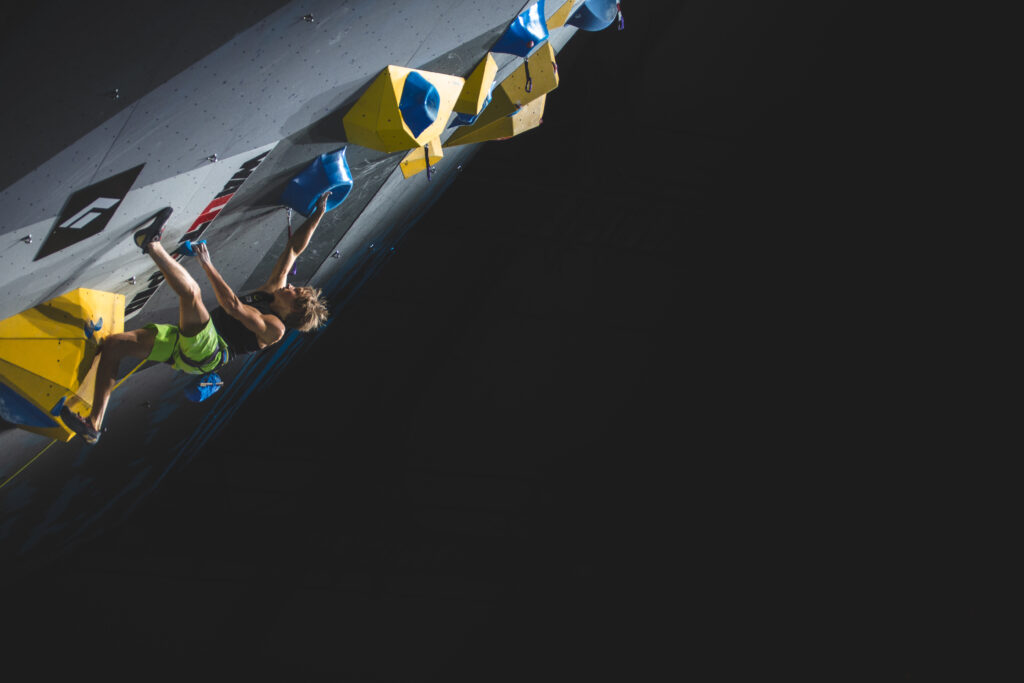KletterRetter Blog
The Thrill of Olympic Sport Climbing: A Guide to the Rules and Format
Editoral: Sport climbing made its Olympic debut at the Tokyo 2020 Games, bringing the thrilling world of climbing to a global audience. This dynamic sport combines agility, strength, and strategy, challenging athletes to scale walls of varying difficulty. The Olympic format features three disciplines: Speed, Bouldering, and Lead. Here’s an in-depth look at the rules and structure of Olympic sport climbing.
In the Paris 2024 Olympics, the sport climbing competition has been divided into two separate events for each gender, diverging from the combined format seen at Tokyo 2020, where all three events were combined. Athletes will compete for medals in two distinct categories: Speed Climbing and a combined Boulder & Lead event.
Speed Climbing
Speed climbing is a race to the top of a standardised 15-meter wall. The format consists of a qualification round followed by head-to-head elimination races. Athletes compete in pairs, with the fastest climber progressing through the bracket to the finals. The essence of this event is pure speed, and it attracts athletes with explosive power and precision. Notable competitors include world record holders Aleksandra Miroslaw from Poland and Sam Watson from the USA (Source: Paris 2024 Olympics Paris 2024 Olympics).
Boulder & Lead Combined
The Boulder & Lead event merges two disciplines, focusing on both technical prowess and endurance. In bouldering, climbers tackle multiple short, challenging routes (problems) without ropes, aiming to reach the top or specific zones for points. The lead climbing segment involves ascending as high as possible on a taller, roped route, with points awarded based on the number of successful moves.
The scoring system has evolved to better reflect athletes’ performances in these disciplines:
– Bouldering: Climbers earn points by reaching specific zones or completing problems, with deductions for failed attempts. Each of the four problems can contribute a maximum of 25 points, for a total of 100 points.
– Lead Climbing: Points are allocated for the final 40 moves, with more points awarded for moves closer to the top, allowing for a maximum of 100 points.
The combined score from both bouldering and lead determines the overall standings, with a perfect score being 200 points.
Schedule and Venue
The competitions will be held at the Le Bourget climbing venue from August 5 to August 10, 2024. This setting will see 68 athletes (40 in Boulder & Lead and 28 in Speed) vying for the first-ever separate gold medals in these categories at the Olympic level.
Qualification
Speed Climbing:
Athletes compete in a qualification round where they race up a standardized 15-meter wall. The top climbers based on their times advance to the final rounds.
Boulder & Lead:
In this combined event, climbers participate in both bouldering and lead climbing disciplines during the qualification round.
The total points from both bouldering and lead are added together to determine the climbers’ rankings. The top athletes from the qualification rounds progress to the finals based on their cumulative scores.
Finals:
The finals follow the same format as the qualifications, with separate finals for Speed Climbing and the Boulder & Lead combined event. The 8 climbers with the highest score in the semi-final qualify for the final.
– Speed Climbing: The climbers compete head-to-head in elimination rounds to determine the medalists.
– Boulder & Lead: Athletes’ performances in the final round are scored similarly to the qualifications, with their combined points determining the overall standings and medalists.
Unique Aspects and Strategic Elements
– Specialization and Versatility: The separation of Speed Climbing allows climbers to specialize in either pure speed or a combination of technical and endurance skills required for bouldering and lead. This format emphasizes versatility, particularly in the Boulder & Lead event, where climbers must excel in solving complex problems and sustaining long climbs.
– Tactics and Strategy: In bouldering, athletes must efficiently solve problems within a limited number of attempts, balancing risk and reward. In lead climbing, pacing and energy management are crucial as climbers attempt to reach the highest point possible.
– Mental Toughness: Both disciplines require strong mental resilience. Climbers must quickly adapt to new problems and maintain focus under pressure, especially in lead climbing, where endurance and strategy play significant roles.
The updated format for sport climbing at the Paris 2024 Olympics provides a more specialized and focused competition structure, enhancing the clarity of the competition and highlighting the diverse skills required in different climbing disciplines. The split into two distinct medal events not only allows athletes to showcase their strengths but also enriches the spectator experience with varied and intense competitions. Understanding these rules and formats enhances the appreciation of the athletes’ performances and the unique challenges they face in their quest for Olympic glory.
Sources:
https://olympics.com/en/news/paris-2024-sport-climbing-preview-full-schedule-how-to-watch
https://en.wikipedia.org/wiki/Sport_climbing_at_the_2024_Summer_Olympics
https://olympics.com/en/news/paris-2024-what-is-the-new-sport-climbing-format
https://olympics.com/en/news/sport-climbing-paris-2024-olympics-preview-full-schedule-watch
Photo: Liam Lonsdale 2018



